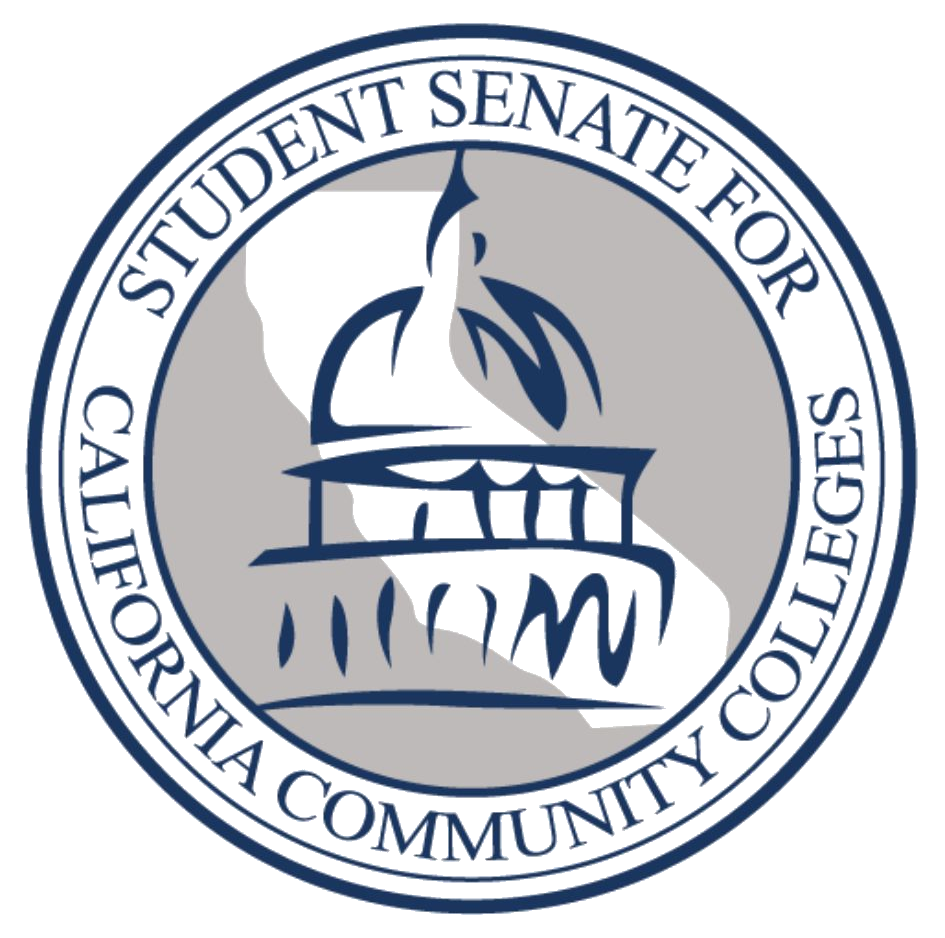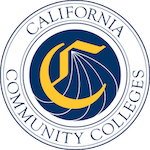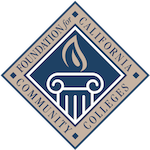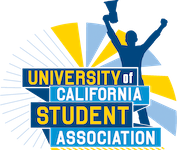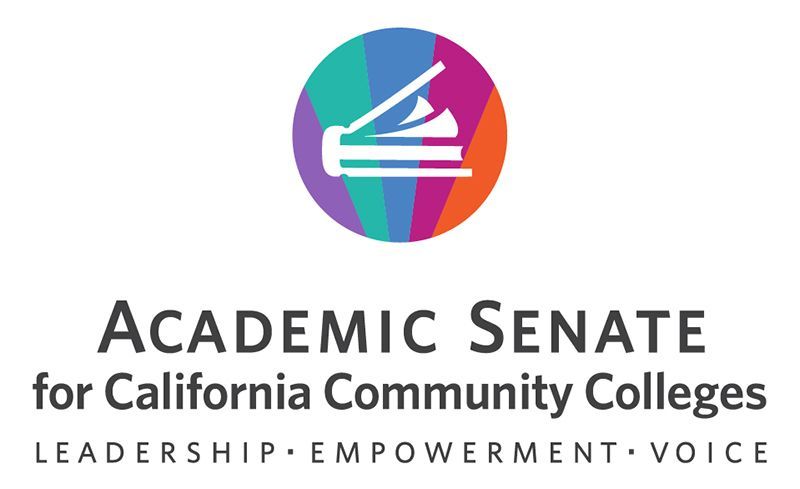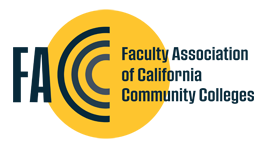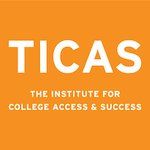The Student Senate for California Community Colleges produces a number of resources for students including reports on current issues, resolutions, surveys, and other documents to guide our work and the work of local student body associations.
-
The Institute for College Access & Success (TICAS) and the Student Senate for California Community Colleges (SSCCC) discusses the financial challenges faced by community college students in California. It provides an analysis of the current financial aid system, highlights the gaps and inequities, and advocates for comprehensive reforms to better support students. The report emphasizes the need for increased state investment, simplification of the financial aid process, and more equitable distribution of aid to ensure that all students can access and complete their education without undue financial burden.
-
The brief on Affordable Housing in California presents the perspectives of student leaders from California's public higher education systems on the urgent need for affordable student housing. It emphasizes the importance of including student voices in housing decisions, ensuring transparent and accurate assessments of housing needs, and prioritizing low-income students for on-campus housing. The brief also highlights the challenges of defining "affordable" housing and suggests that rent should be personalized based on individual income rather than a uniform rate.
-
The Delegates at the 2023 General Assembly adopted the SSCCC 2023 - 25 Strategic Plan. This plan will guide the work of the SSCCC Board of Directors for the next three years.
-
Chapter 4 underscores the significance of undocumented students within California Community Colleges (CCC), highlighting their resilience and diversity. It acknowledges the challenges faced by these students, including legal uncertainties, despite their pursuit of education and better opportunities. With CCC hosting the largest population of undocumented college students in the nation, the Student Senate for California Community Colleges (SSCCC) aimed to address the issues specific to this community, as well as understand and propose solutions to improve the educational experiences of undocumented students within the CCC system.
-
Chapter 3 of the Anti-racism: A Student Plan of Action emphasizes the importance of Native American and Indigenous students within California Community Colleges (CCC), highlighting their cultural diversity, resilience, and unique perspectives. This chapter acknowledges their contributions to the educational environment and emphasizes the value of cross-cultural exchange, while also addressing the challenges faced by these students and proposing solutions to enhance their educational experience within the CCC system.
-
In 2021, the SSCCC watched as Asian hate increased all around the nation and continues even today in 2022. Similar to the first chapter of the SSCCC Anti-Racism: A Student Plan of Action report, the SSCCC was concerned about the impact of hate on our Asian students and held a webinar on May 7, 2021, to hear directly from our Asian and Pacific Islander-identifying (API) students about their experiences in California community colleges. What resulted is this second chapter dedicated solely to sharing Asian and Pacific Islander student concerns about the hate that is occurring in their community.
[Adopted by the Delegates during the 2022 General Assembly, April 1, 2022] -
In response to the murder of George Floyd, the SSCCC held several town hall meetings to provide a forum for community college students to share their grievances and their stores about racial injustice on our California community colleges. The result of the town halls was the Anti-Racism: Student Plan of Action. This plan of action steers the diversity, equity, and inclusion work. [Adopted by the Delegate Assembly September 4, 2020]
-
In response to the the violent assaults and unlawful murders of George Floyd, Breonna Taylor, Ahmaud Aubrey, Emmett Till, Michael Brown, Sandra Bland, Botham Jean, Eric Garner, Michelle Cusseaux, Ezell Ford, Jacob Blake, Dominique Clayton, among countless other Black lives lost to racial violence, the SSCCC Board of Directors passed this resolution December 12, 2020.
-
In 2021, the Student Senate for California Community Colleges joined the Chancellor's Office Diversity, Equity, and Inclusion Workgroup to implement the Board of Governors Call to Action. In February, the SSCCC Board of Directors passed the DEI Compact to ask our system partners to join us in implementing the SSCCC Anti-Racism: Student Plan of Action. As of April, the Academic Senate for California Community Colleges, Faculty Association of California Community Colleges, California Community College Trustees Board, and the Chief Executive Officers for California Community Colleges Board have signed the compact. [Adopted April 17, 2021 by the SSCCC Board of Directors]
-
The SSCCC is required to make a report to the Board of Governors on its annual activities. This report is generally provided during the May Board of Governor's meeting and was presented before the Board of Governors on May 25, 2021.
-
The SSCCC is required to make a report to the Board of Governors on its annual activities. This report will be presented before the Board on July 25th.
-
The SSCCC is required to make a report to the Board of Governors on its annual activities. This report will be presented before the Board on July 24, 2023.
The Student Senate for California Community Colleges often works with the Chancellor's Office and other system partners to prepare advisory communication to student body associations and college administrators. Below is a listing of these resources.
-
This guidance memo provides clarification on the appropriate use of the two dollar ($2) Student Representation Fee (SRF).
-
This guidance memo reminds CEOs, CIOs, and CSSOs of the regulations that formally cement the role of students in governance processes and even precludes governing boards from taking action on any matters having a significant effect on students until it has provided students with an opportunity to participate in the formulation of the policy or procedure or the joint development of recommendations regarding the action.
-
This legal opinion clarifies that students can participate in the recruitment and selection processes for faculty and classified employees.
-
AB 2315, introduced by Arambula, mandates that California Community Colleges enable current students, staff, and faculty to declare an affirmed name and gender for records where legal names are not required by law, starting in the 2023–24 academic year. It prohibits additional fees for updating records based on
affirmed names or gender identification.
